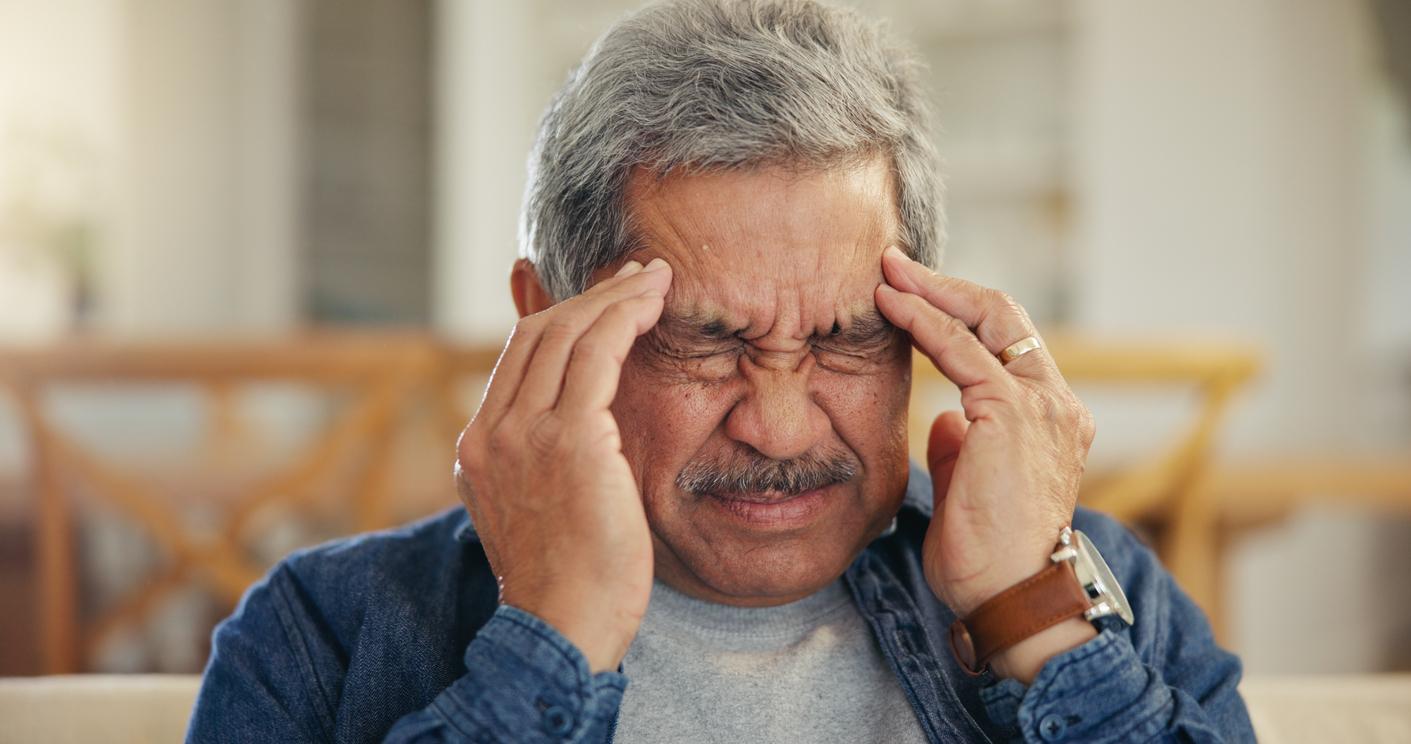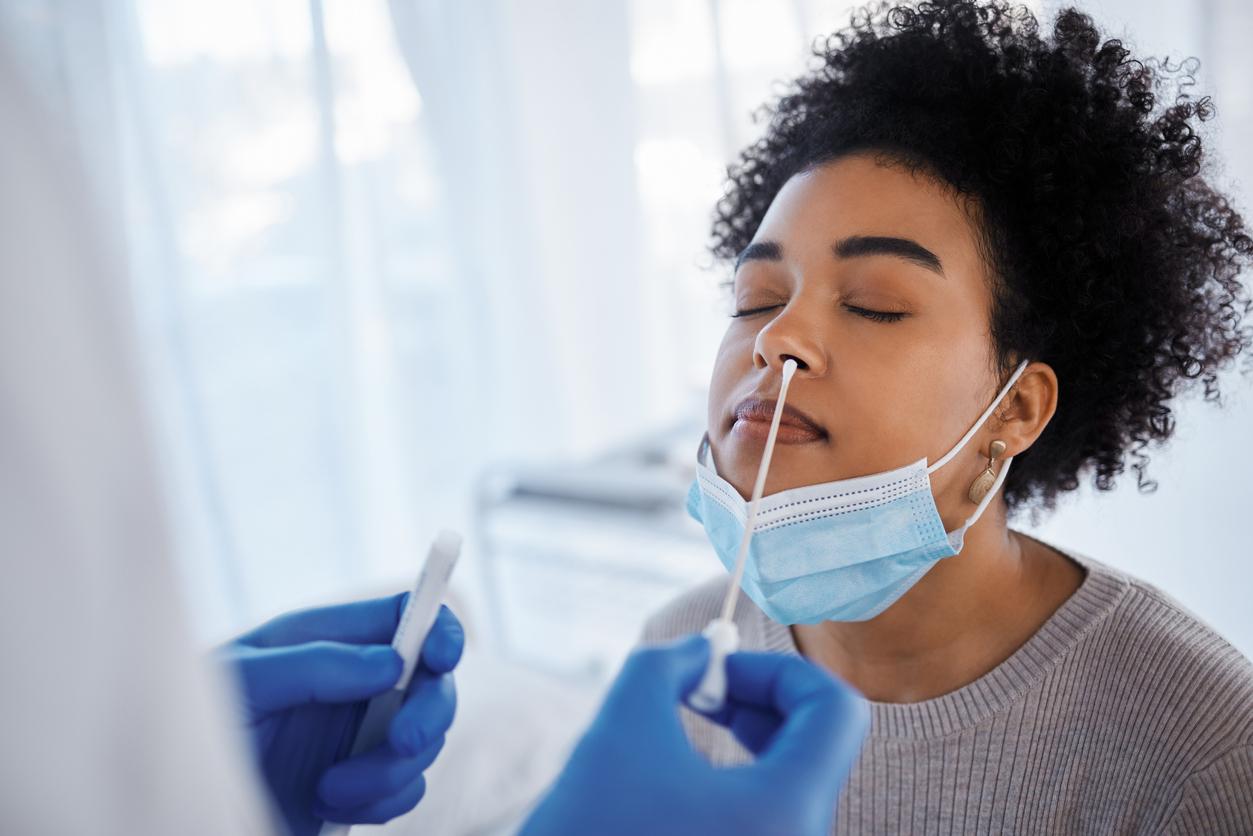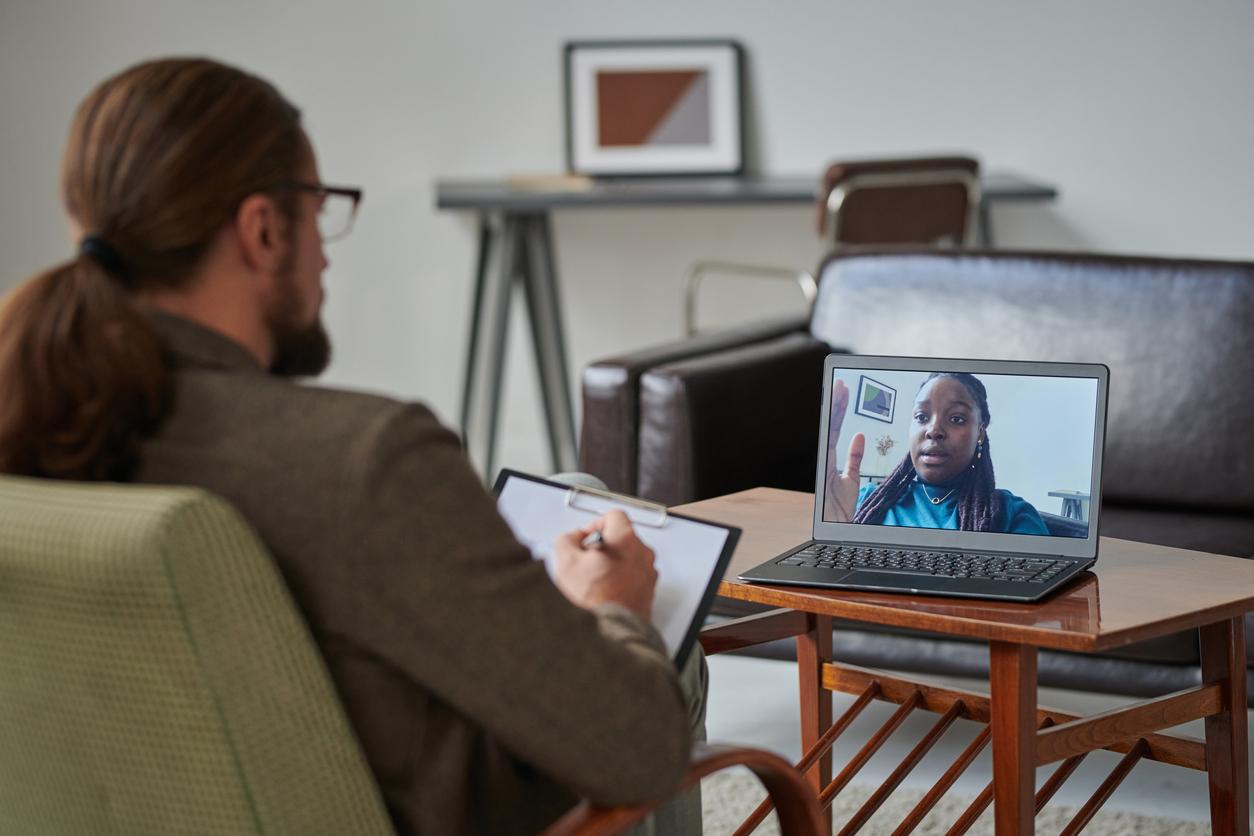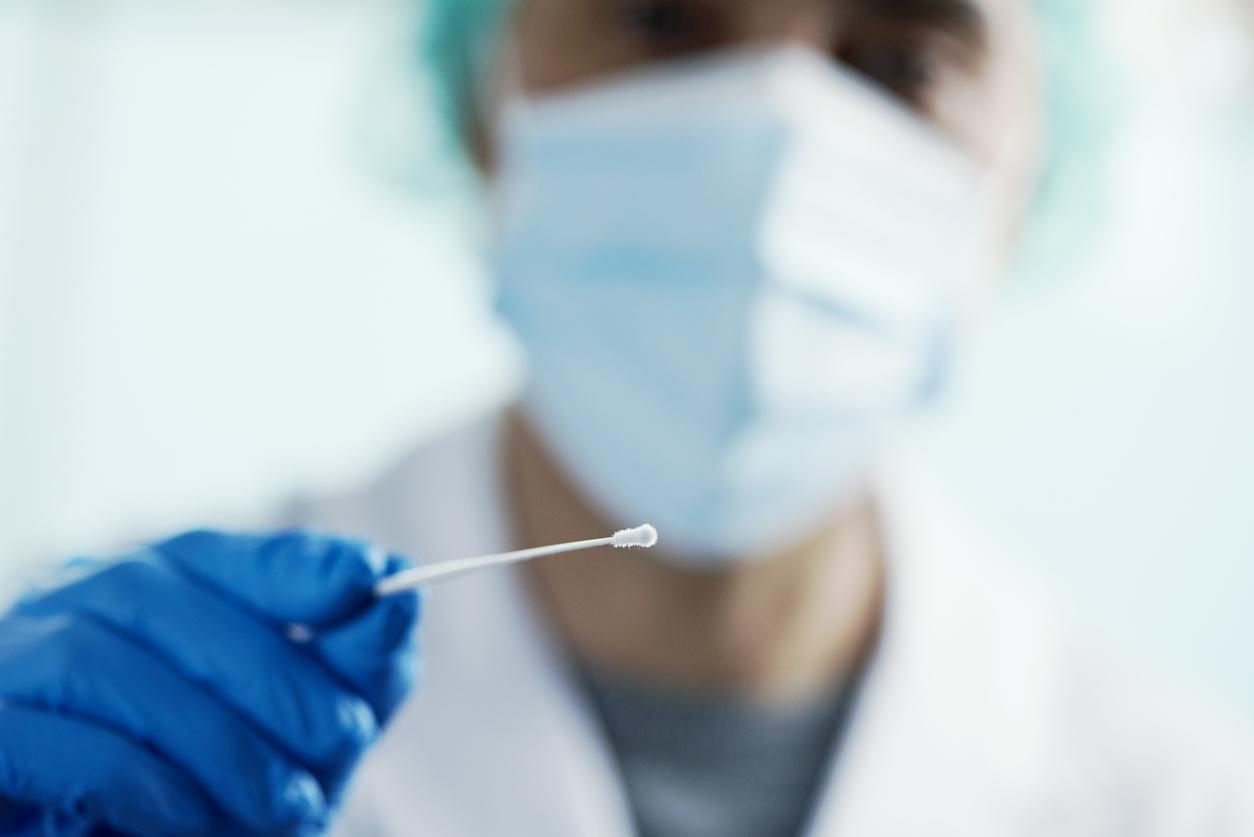The MesDocteurs platform has set up a specific teleconsultation course in accordance with the Covid-19 treatment protocol available to the 20 million beneficiaries of its complementary health partners. Why doctor questioned those responsible for this device.
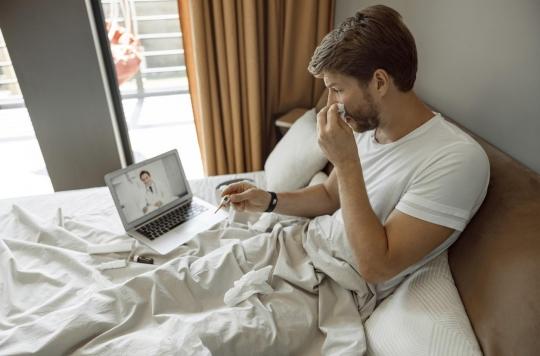
- Teleconsultation has been developing since the start of the epidemic
- Platforms provide easier access to care for patients
- Collecting data helps advance research
At the time of confinement, many French people worried about having Covid-19 do not know who to turn to for a diagnosis and medical recommendations. Indeed, some have closed their practice or do not offer teleconsultation. Therefore, the platform MyDoctors, created in 2015, has since March 16 made a specific teleconsultation course in accordance with the Covid-19 treatment protocol available to the 20 million beneficiaries of its complementary health partners. Why doctor went to meet those who set up this device to find out more.
“We operate on three models. The first is that of B to C telephone advice: we give any French person access to a doctor or a midwife, 24 hours a day, seven days a week and without an appointment. This avoids going to look for information on forums which can be quite anxiety-provoking at the moment. We also have a medical teleconsultation service, in B to B to C, financed by complementary health insurance. We provide it for 20 million French people, almost a third of the population, without making an appointment there again. Thus, if your mutual is one of our partners, you will not need to advance any costs. We also have tools that allow healthcare professionals to do teleconsultation with their own patients. This service is called ‘Avec mon doc’”, explains Marie-Laure Saillard, general manager of MesDocteurs.
What about the special Covid-19 device? “We learn day by day with this epidemic. We have been working with epidemiological research institutes for three weeks to adapt the questioning of the patient as much as possible, with the aim of establishing the most precise diagnosis of Covid-19 possible. It is also about collecting data to then allow researchers to better understand this disease about which so much is still unknown”, says Marie-Laure Saillard. “I am happy to work with Mesdocteurs in this health crisis. Here, we are like in a start-up, the recommendations change every day. You have to constantly adapt”testifies Antoine Poignant-Wachsberg, scientific director, emergency doctor and tele-consultant of the platform.
“It’s very painful to live for a caregiver”
“Today 80% of teleconsultations are for Covid-19”explains the doctor, evoking clinical symptoms ranging from fever to dry cough, body aches, mucus, nasal congestion, headaches, shortness of breath, chest pain, tachycardia or even a “little diarrhoea”.
If the carer admits living through an extremely complicated and stressful period, paradoxically his activity saves him from anxiety. “Contributing to public health helps me a lot to manage my nervousnessexplains the man who currently devotes himself almost exclusively to telemedicine. We face a lot of anxiety on the part of teleconsultant patients because they are confined with their families, sometimes babies or the elderly. Some have Covid and others do not, so there are problems with barrier measures. Not everyone has a large house with a garden, and the infection is currently spreading inside small apartments. What’s more, many people smoke, have respiratory problems, comorbidities. They are even more worried, of course. We are obliged to reassure them as much as possible but it is quite painful to live because we are powerless to help them because of the shortage of masks”worries Antoine Poignant-Wacsberg.
“The countries that have been able to contain the epidemic peak are countries that have put barrier measures in the forefront of which the mask. Families don’t. There are still medical means, of course, but to limit the contagion, we are very poor apart from hand washing. To prevent the epidemic, it would also be necessary to be able to carry out a massive screening policy, as was the case in Germany. In France, we are not at all at the forefront of European countries, there are not enough screenings. Also, let’s say you can be screened, 30% of cases are missed by Nasal PCR. The safest test is the chest CT scan. We know if the person has Covid even if they are still asymptomatic. But of course, it’s hard to commandeer the scanners. For me, there will be no deconfinement until we have masks and screenings”he insists.
So what can a general practitioner do to relieve a patient with Covid-19? “Iassesses the care based on dyspnea, difficulty breathing, comorbidities, etc. If I have a patient who is suffering from cancer or who is obese, risk factors, I will recommend that he call the center 15. If someone has a cough and fever but no risk factors, I will prescribe Paracetamol to relieve their headache and body aches”explains the doctor.
Regarding telemedicine, “anchoring is done”
Of course, since the start of confinement, more and more French people are turning to telemedicine, in particular on the advice of health authorities, and the number of visits has greatly increased on the platform. “Regarding the service for members of complementary health, we have multiplied consultations by six since the start of the epidemic, it is considerable”explains Marie-Laure Saillard.
To cope with this increased demand, MesDocteurs has set up a well-functioning system. “With us, healthcare professionals do not release slots in their agenda but receive notifications and respond to them when they can. In terms of time management, it’s a lot easier for them, especially right now, given what they’re being asked to do. What’s more, our shareholder, the VYV group, has a lot of doctors who help us when they can”she says.
However, this new enthusiasm for telemedicine, which struggled to establish, is expected to continue long after the current crisis. “Every year, we have an epidemic of seasonal flu and gastro. In such contexts, telemedicine seems more and more natural, anchoring is doneexplains Marie-Laure Saillard. On social networks, some doctors say with humor: “Six months ago I was approached, I did not want to do it, and now I am waiting for my registration”. A doctor who starts teleconsultation becomes a follower after“, she assures, recalling that thanks to connected objects, this system will become increasingly easy and automatic.
Nevertheless, teleconsultation is not intended to replace a face-to-face consultation on all subjects, she agrees. “In all responsibility, the doctor decides if he can make the diagnosis by teleconsultation or if a real contact is necessary. There is no set list. Of course, there are things you can’t do remotely. From the moment when it is necessary to palpate for example, physical contact is of course essential.”
.














